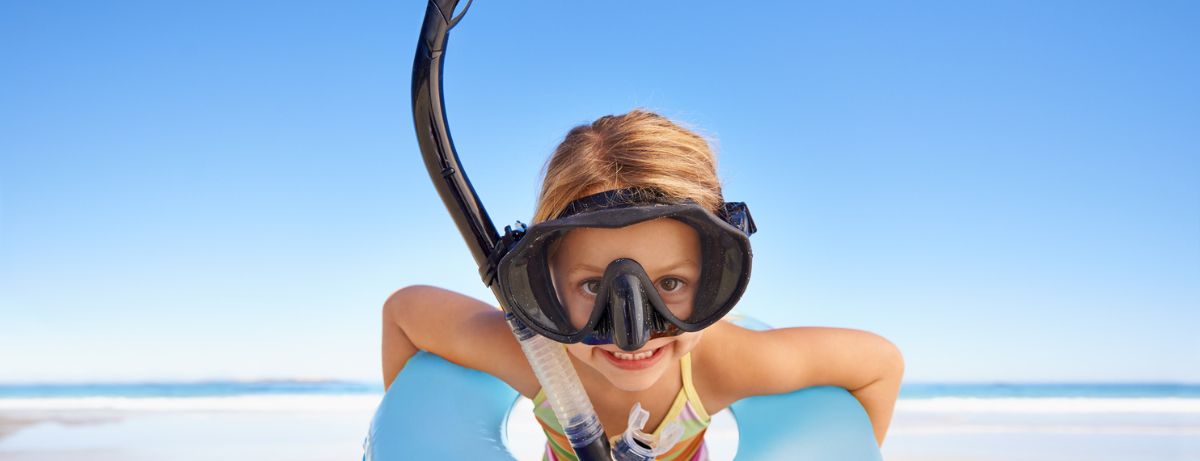Summer is a time for fun and relaxation, but it’s also important to be aware of the potential dangers that can come with the season. From heatstroke to sunburn to drowning, there are a number of things you can do to stay safe and healthy this summer.
Here are 10 tips for summer safety:
- Stay hydrated. It’s important to drink plenty of fluids, especially water, throughout the day. Even if you don’t feel thirsty, it’s important to stay hydrated, especially in hot weather.
- Protect yourself from the sun. Wear sunscreen with an SPF of 30 or higher, and reapply it every two hours, or more often if you’re sweating or swimming. Wear a hat and sunglasses to protect your face and eyes.
- Avoid heatstroke. Heatstroke is a serious condition that can be fatal. Symptoms include a high body temperature, confusion, and loss of consciousness. If you think you or someone you know is experiencing heatstroke, call 911 immediately.
- Be aware of your surroundings. When you’re swimming, boating, or hiking, be aware of your surroundings and the potential dangers. Don’t swim alone and be sure to tell someone where you’re going and when you expect to be back.
- Take precautions against insects. Insects can carry diseases, so it’s important to take precautions to avoid being bitten. Wear long sleeves and pants and use insect repellent with DEET.
- Be safe around water. Water can be dangerous, so it’s important to be safe around it. Never swim alone, and always be aware of the depth of the water. If you’re boating, wear a life jacket.
- Learn CPR and first aid. Knowing CPR and first aid can save a life. Take a class and learn how to perform these life-saving skills.
- Be prepared for emergencies. Have a plan in place in case of an emergency, such as a fire, flood, or power outage. Make sure you have an emergency kit that includes a first-aid kit, a flashlight, and a battery-powered radio.
- Let someone know where you’re going. If you’re going to be out for an extended period of time, let someone know where you’re going and when you expect to be back.
- Have fun!Summer is a time to relax and have fun. But it’s important to do so safely. By following these tips, you can enjoy all that summer has to offer without putting yourself at risk.
Here are some additional tips for staying safe and healthy this summer:
- Eat a healthy diet. Make sure to eat plenty of fruits, vegetables, and whole grains.
- Get regular exercise. Exercise helps to keep you cool and healthy, and it can also help to reduce stress.
- Get enough sleep. Sleep is essential for good health, and it can help you to stay alert and focused during the day.
- Manage stress. Stress can take a toll on your physical and mental health. Find healthy ways to manage stress, such as exercise, relaxation techniques, or spending time with loved ones.
- Be aware of your health conditions. If you have any health conditions, such as asthma or heart disease, be sure to take precautions to stay safe during the summer.
- By following these tips, you can enjoy a safe and healthy summer.
Specific Tips for Children
In addition to the general safety tips listed above, there are a few specific tips that are important for children to keep in mind during the summer months. These include:
- Always swim with a buddy. Never swim alone, even if you are a strong swimmer.
- Never dive into shallow water. Always check the depth of the water before you dive.
- Be aware of the tides. If you are swimming in the ocean, be sure to be aware of the tides and how they can affect the water depth.
- Wear a life jacket when boating or fishing. Even if you are a strong swimmer, it is always a good idea to wear a life jacket when boating or fishing.
- Be aware of the sun’s rays. The sun’s rays can be very dangerous, especially for children. Be sure to apply sunscreen with an SPF of 30 or higher to your child’s skin every two hours, or more often if they are sweating or swimming.
- Wear a hat and sunglasses to protect your child’s face and eyes from the sun.
MEDICAL DISCLAIMER: The content of this Website or Blog is not intended to be a substitute for professional medical advice, diagnosis, or treatment. Always seek the advice of your physician or other qualified health provider with any questions you may have regarding a medical condition. Never disregard professional medical advice or delay in seeking it because of something you have read on this Website or Blog.
If you think you may have a medical emergency, call 911 immediately, call your doctor, or go to the emergency room/urgent care.

